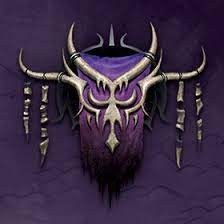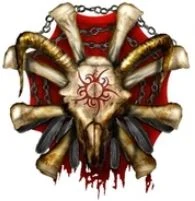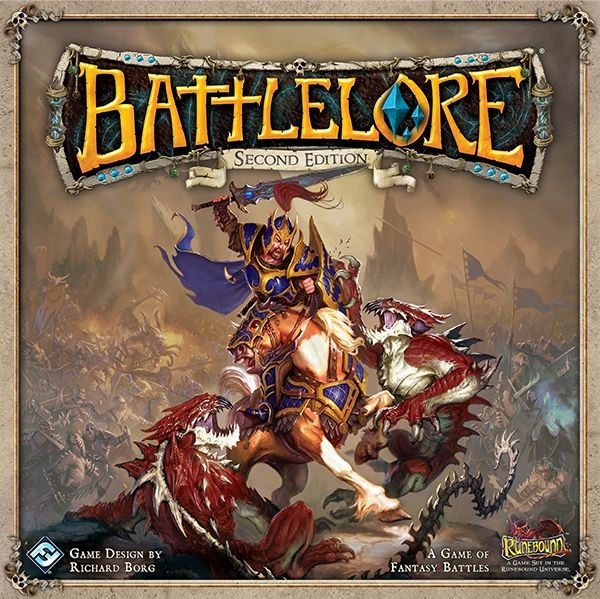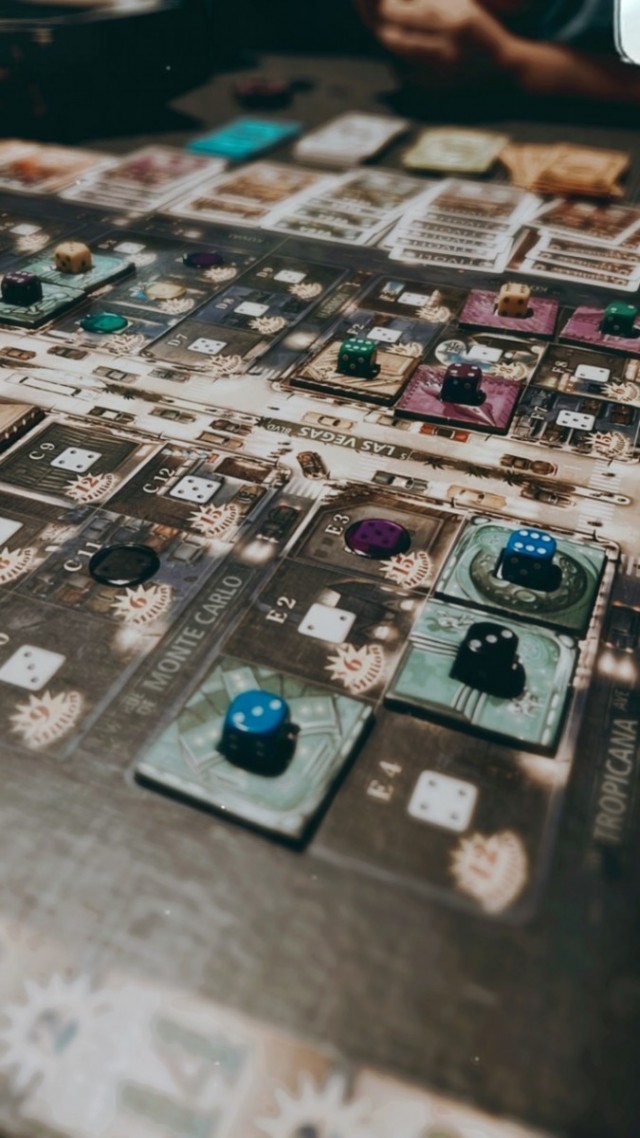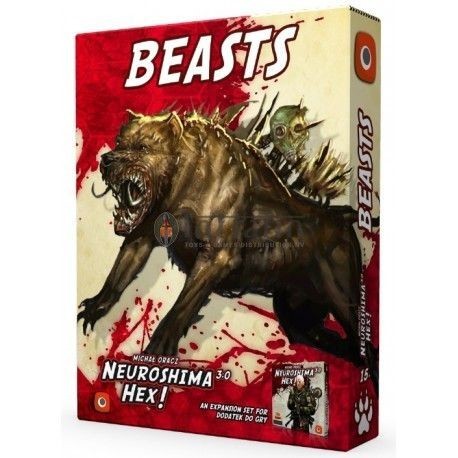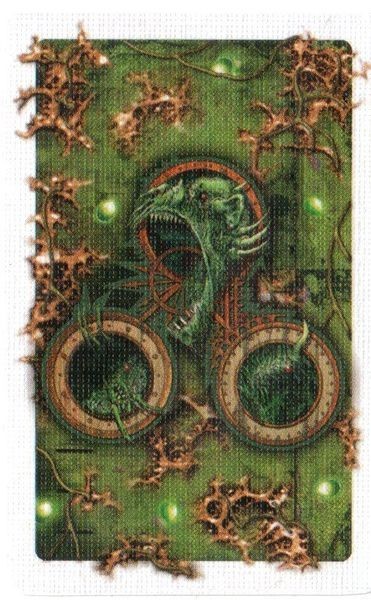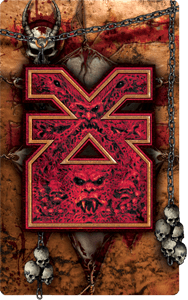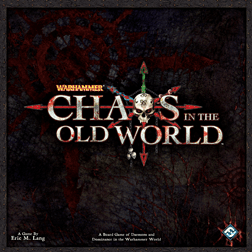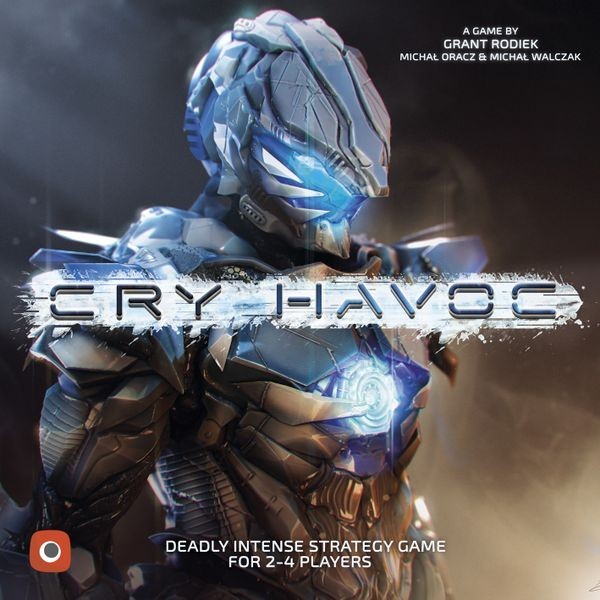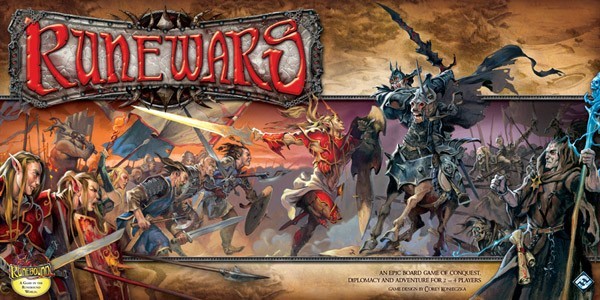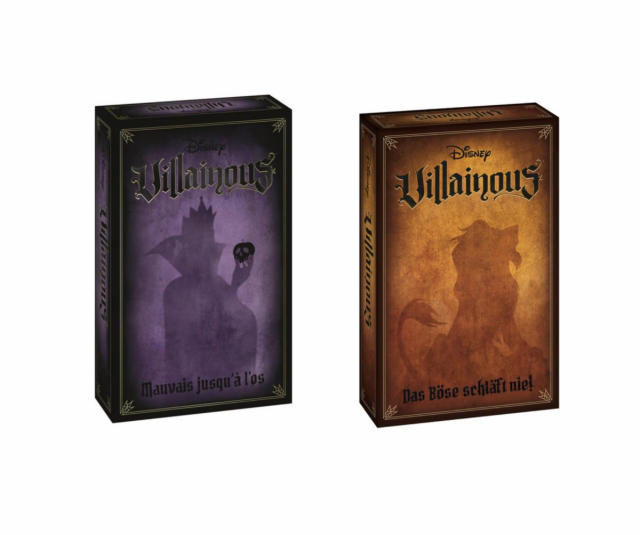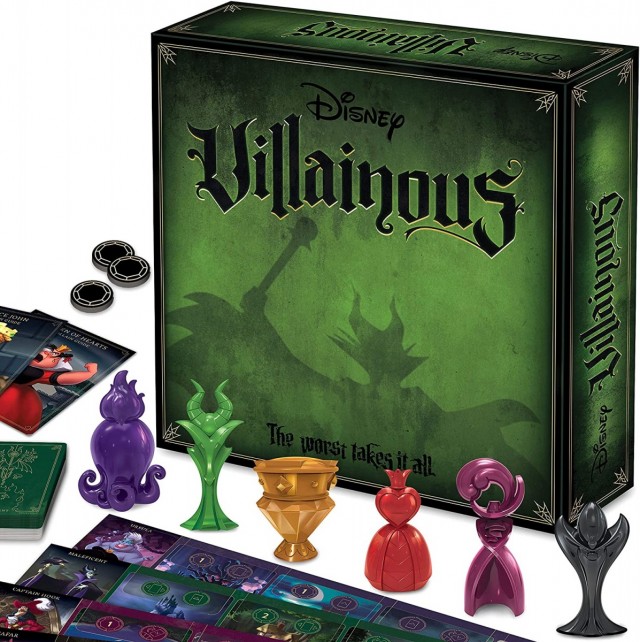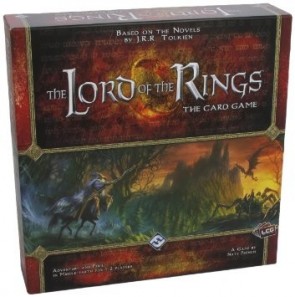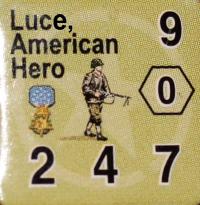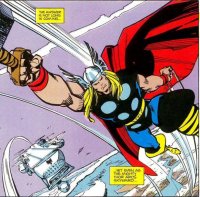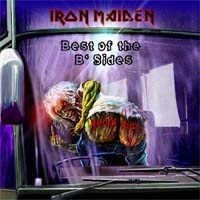The exhaust to defend or attack mechanic. The last straw for me with LOTR: LCG
I've decided to start a series where I take games in my collection and think about them via the one mechanic I think defines them. Today it's Lord of the Rings LCG, a rare one of this series that is going to be negative. In this case the game used to be in my collection, so forgive me if the rules I discuss are vague/wrong. And I'm not out here trying to troll you and insult your love of the game!
Lord of the Rings LCG is a novel attempt to make a cooperative card game against a system. Many love the game, the product line is now vast, and I don't want to dissuade folks from doing so. For me, one of the remarkable things about Lord of the Rings LCG is that I love it as a conceptual product. The LCG concept seems almost perfectly designed for it---each box is a new adventure, with new game changing goals. Enemies and allies can be tailored for whatever adventure you're trying. Perfect! In addition, the questing mechanic is spot on while still being appropriately abstract. But after a number of tries, the mechanic that broke the game for me was its implementation of attack/defense against threats, and how they are separated. It's one of the mechanics that sticks out in my mind as a fireable offense for an otherwise inoffensive game. It drove me crazy.
Where the game broke for me is the encounter/combat system. Specifically, each character has an attack and a defense rating, as well as a quest/resource rating. The twist is that attack, defense and questing actions require you to tap (I'll use Magic terminology) and exhaust to perform them. That meant that once you reached the appropriate threat level and aggroed an enemy, it would automatically attack the player. That player would then choose a character to block the enemy, but unlike Magic the Gathering the block only absorbed damage, it did not inflict it! Attack required a separate action, with another unexhausted card, where you use your attack skill to hurt an enemy and defense doesn't matter. And forget questing---if your character went off to quest at a ominous location, they would not be involved in any battles. For me, thematically, this was unthinkable both generic fantasy herowise and LOTR thematically. This meant that Aragorn needed to rely on some other hero to eat damage before he could attack and hurt anything. If Aragorn decided to absorb damage, he could not then attack. So begin with the thematic part of this: I could not accept it, it boggled my mind from such a famously "hero-based" LOTR thematic base.
Forget thematics, though. I can live with abstractions. Where this drove me especially crazy was that it absolutely incentivized the red shirt syndrome. Essentially, your base heroes were augmented by red shirt semi heroes played from your hand with a resource cost (e.g. a single rider of rohan). This meant that every turn, beyond hiding from all enemies by keeping my threat low, my biggest incentive was to get some asshole out in the field with at least 1 shield/defense. That way, he could block the enemy orcs, allowing Theoden the King to sneak up behind the orc later in the turn to do lots of damage. And since those red shirts would often die in this phase, I would need to produce as many red shirts as possible, preferably one a turn, for combat focused scenarios. And god forbid that Aragorn go on a quest to accomplish goals, he certainly couldn't fight then! I really hated this mechanic, independent of theme. It meant your best bet was to have a glass cannon and a meatshield, or a glass cannon and an ever-rotating set of random asshole guards. Oh, and don't forget a character whose only job was to tap and perform quests as their only action (there was some lady who was awesome in the base game at this but only this).
No sale. This all may seem trivial, but it was one mechanic that lost the game for me. Particularly given that there are so many other good co-op games.
 Games
Games How to resolve AdBlock issue?
How to resolve AdBlock issue? 